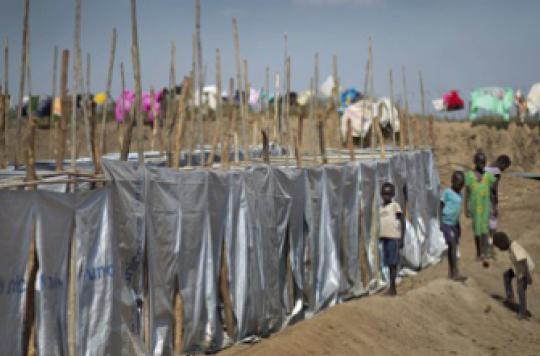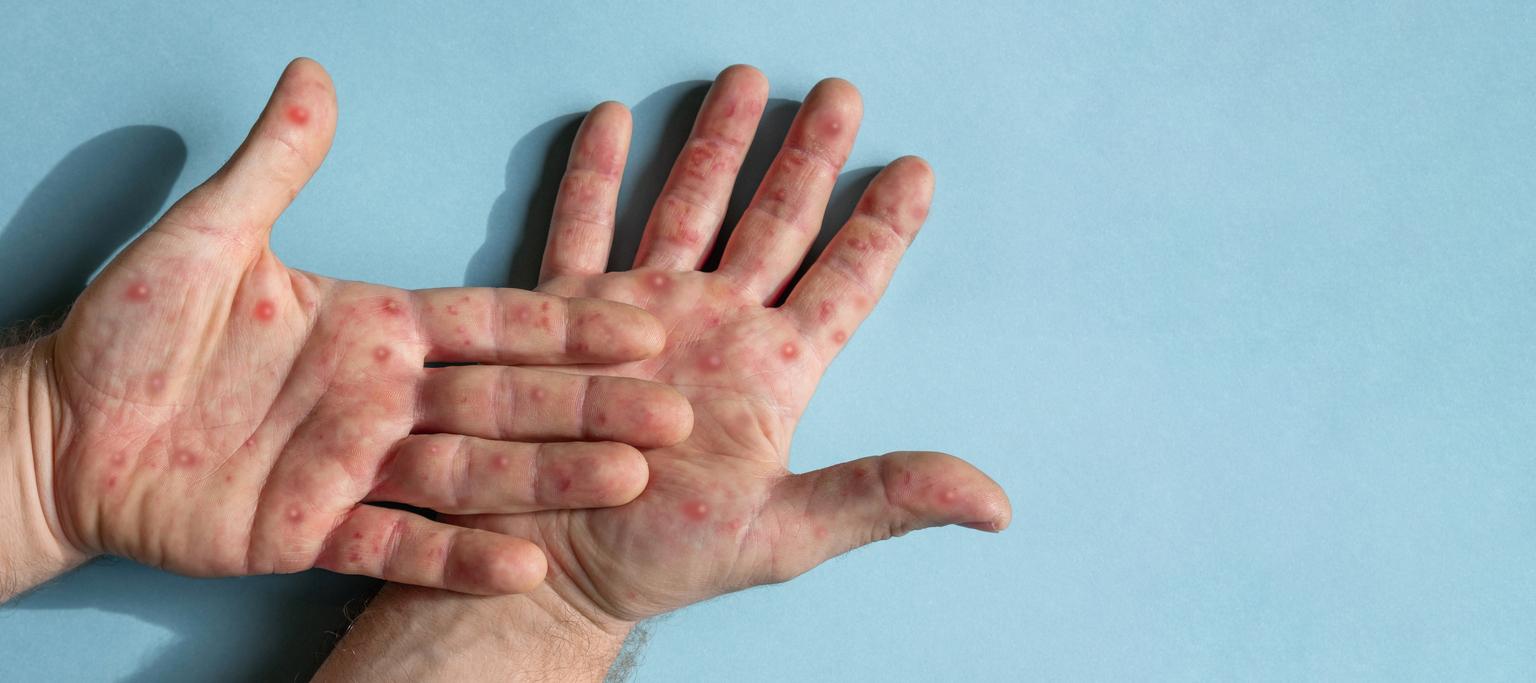A billion people are deprived of a latrine, according to the annual report of the WHO, which worries about the increased risk of the spread of disease through human fluids.

Some have two or three toilets at home. Others have none at all. On Earth, one billion people live without a latrine – that’s one in seven people, according to the annual report of the World Health Organization (WHO). However, beyond the obvious drawbacks that it implies, this situation poses serious health problems.
Open defecation
In fact, the lack of toilets is a major source of disease spread around the world – the Ebola fever epidemic has demonstrated this enough. Moreover, Nigeria has appealed to the population to stop open defecation practices, for fear that the virus is spread through human fluids, according to the WHO.
In Liberia, the country most affected by the epidemic, nearly half of the 4.2 million inhabitants do not use a toilet. In Sierra Leone, another focus of the epidemic, the proportion is estimated at 28% of the population.
Mortality linked to hygienic conditions
In sub-Saharan Africa, 25% of the population is thus deprived of a latrine. According to estimates relayed by the WHO, a child dies every two and a half minutes after drinking unsafe water or due to the lack of sanitation and hygiene.
But Africa is not the only region of the world concerned. Of the billion people without a toilet, 825 million are concentrated in ten countries. Five in Asia: India largely in the lead with 597 million people, followed by Indonesia, Pakistan, Nepal and China (10 million). In Africa, these are Nigeria (39 million), Ethiopia, Sudan, Niger and Mozambique (10 million).
Thus, in India, the situation is not much better. More than 620 million people defecate in the open, and the widespread use of latrines is particularly problematic. A few months ago, Unicef denounced the hygiene problems caused by this situation. The organization even produced a surprisingly video to encourage Indians to use small corners.
Conflicts and aggressions
The tone is light and humorous, but the reality is much less. Because the deprivation of toilets generates, in addition to health crises, conflicts and tragedies. In May, for example, two Indian teenage girls were raped by several men and then hung from a tree. They had gone to a field at night to defecate, for lack of sanitation at home. A few months later, an NGO donated a hundred cabinets to the inhabitants of the village.
“It is time to act (…), underlined during the presentation of the report Michel Jarraud, head of water at the UN and secretary general of the World Meteorological Organization. We know that water and sanitation must be clear priorities if we are to create a future that will allow everyone to enjoy a healthy, dignified and prosperous life ”.
.

















